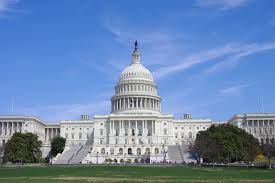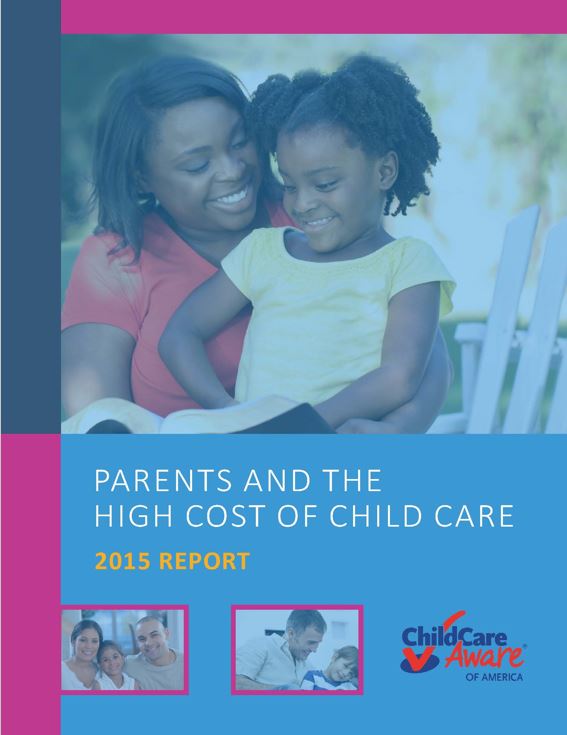Earlier this week, the House voted 359-64 and approved S. 1177 (the “Every Student Succeeds Act”), a measure that would reauthorize the Elementary and Secondary Education Act (ESEA) for the first time since 2002, ending an eight year effort to rewrite the legislation that was known as “No Child Left Behind.” The Senate is expected to vote on this measure next week, where it’s expected to handily pass and head to President Obama for signature shortly after. The White House has publicly endorsed S. 1177.

Overall, the new bi-partisan measure authorizes funding through FY 2020, and would eliminate the federal accountability system, the so-called Adequate Yearly Progress, and make states responsible for setting up their own accountability systems.
More importantly, S. 1177 creates several new early learning opportunities including an official, $250 million annual authorization for the Preschool Development Grants program. This is significant because both the House and Senate proposed to zero out funding for this program in FY 2016.
The Preschool Development Grants program provides assistance to States to develop, update, or implement strategic plans, build partnerships with Head Start providers and other public and private organizations, and provide parents with the most options available with regards to early education opportunities. Low-income, disadvantage students, as well as students living in rural areas, would be the priority population to be served under this program.
Other highlights of the new law include:
- Establishment of a new competitive grant program to support early learning literacy initiatives
- Amending State plan requirements under Title I on how early learning programs would be served
- Reauthorizes grants supporting Native American children and communities, which may be used for early education services, and
- Provides an official authorization for the Promise Neighborhoods and Full Service Community Schools programs, where early learning is a critical feature
We anticipate that this legislation will be signed into law before Christmas. What is unknown at this time is how this new law will affect the ongoing FY 2016 budget negotiations. The current continuing resolution (CR) expires on December 11th, and it’s very likely that another short-term CR will need to be enacted to give lawmakers more time.




